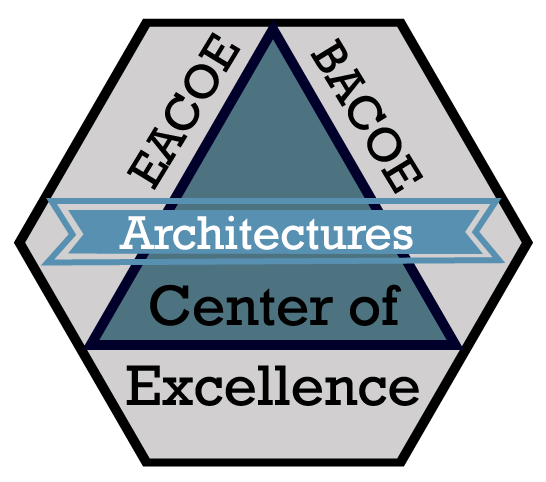Large Language Models (LLM) The Latest Fool's Gold?
Large Language Models (LLM) The Latest Fool's Gold? (all that glitters is not gold)
Large Language Models: the latest Fool's Gold, possibly? Fools Gold. If you have not heard that term, it dates back quite some time. It stands for a flashy investment of some kind that ultimately turns out to be worthless. We see a similar scenario unfolding in technology today, and it's a significant problem. Many of you may have encountered previous 'Fool's Gold' in technology, which seemed promising but ultimately fell short.
In this broadcast, we discuss why large language models (LLMs) might be the newest addition to this list and why they are considered Fool's Gold.
So, how do we move from Fool's Gold to real gold? By focusing on data architecture and creating a closed-loop system that ensures data quality. This involves using verified data from your own legacy applications and building a data distribution center, which becomes the foundation for training AI models. This approach ensures you’re working with high-quality, reliable data, leading to true competitive advantages.
In summary, to harness the power of AI effectively, you need a robust data architecture. This involves using high-quality, verified data and building systems that support continuous improvement and organizational optimization. The path to a successful, agile enterprise is through Enterprise Amalgamated Information (EAI), which focuses on leveraging your data effectively.
Categories
- Agility
- Architecture Models
- Architecture Views
- Artificial Intelligence
- Assemble to Order
- BTP
- Benefits
- Big Data
- Bill of Materials
- Book
- Business Architect
- Business Architecture
- Business Architecture Framework
- Business Architecture Participants
- Business Architecture Tools
- Business Capability
- Capabilities
- Capability Ability
- Certification
- Certification Levels
- Certification Mistakes
- Change Management
- Checklist
- Cloud
- Cloud Decommission
- Coding
- Communication
- Competition
- Complexity
- Confirmation Bias
- Consulting
- Cybersecurity
- Data
- Data Architecture
- Data Lake
- Data Modeling
- Data Sludge
- Data Swamp
- Differentiators
- Digital Transformation
- Distance Learning
- Enterprise Architect
- Enterprise Architecture
- Enterprise Architecture Framework
- Enterprise Architecture Participants
- Enterprise Architecture Tools
- Evaluation Checklist
- Evaluation Criteria
- Event Model
- Experiences needed

